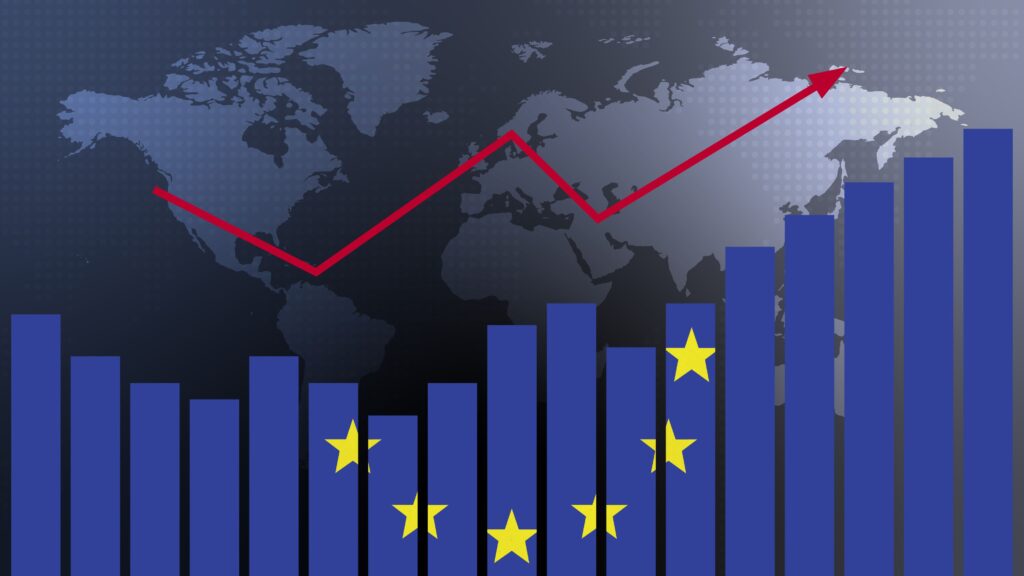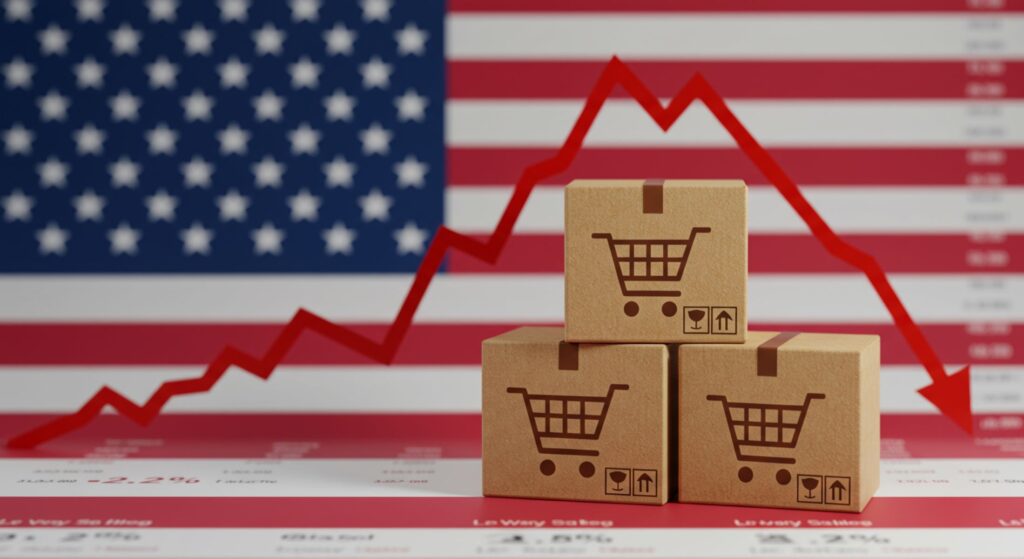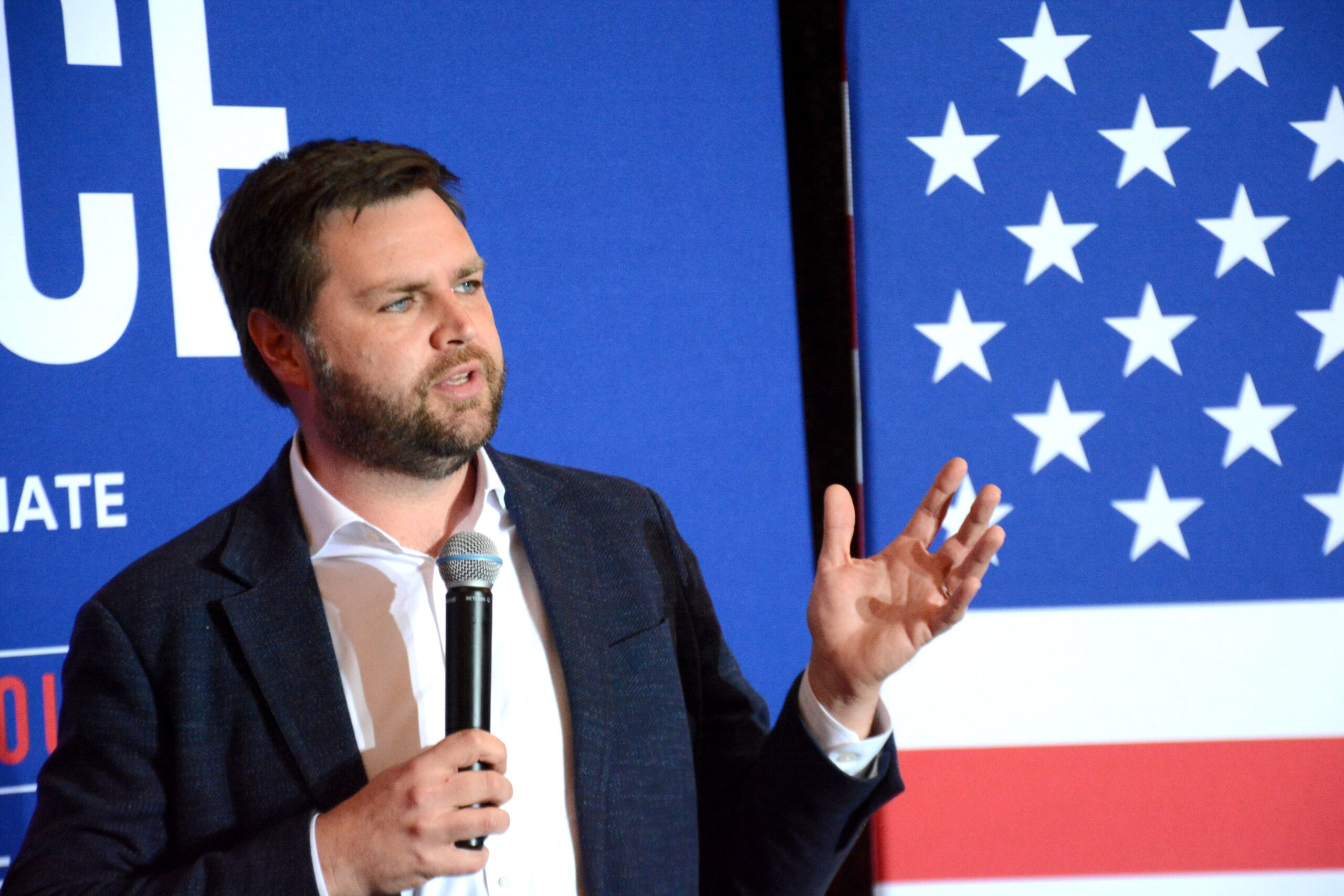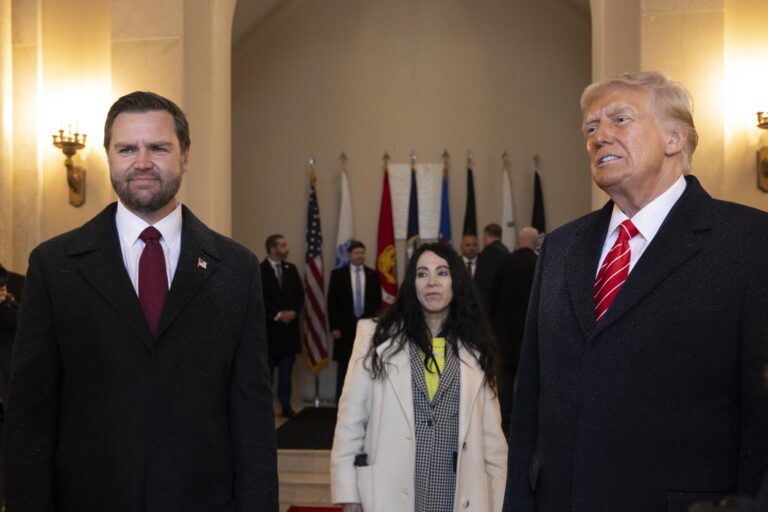In the current era of digital dominance, where social media platforms and technology giants hold unprecedented sway over public discourse, the issue of censorship has become a major point of contention. Recently, Vice President JD Vance weighed in on this issue, issuing a warning to big tech companies regarding their treatment of conservative voices. Vance’s remarks have sparked significant conversation around the balance between free speech, corporate power, and the role of government in regulating these entities. In this article, we will break down Vance’s stance, the potential consequences for big tech companies, and what this debate means for the broader political landscape.
Understanding the Landscape of Big Tech and Conservative Censorship
Before diving into JD Vance’s warning to big tech companies, it’s crucial to grasp the broader context of how these platforms operate and the concerns surrounding their influence on public discourse. In today’s world, tech giants like Facebook, Twitter (now X), Google, and YouTube are central to how information is shared globally. These platforms have become the primary spaces where millions of people communicate, learn, and access news. With their massive user bases and technological reach, these companies hold significant power over what content gets seen, shared, and discussed.
However, this power has raised concerns, especially within conservative circles. Over the years, many conservative figures, commentators, and users have claimed that they face systemic censorship on these platforms. They argue that their viewpoints are disproportionately targeted for removal, suspension, or demonetization, leading to accusations that these platforms exhibit a bias against conservative voices. For instance, posts that align with right-wing ideologies or challenge certain mainstream narratives are sometimes flagged or deleted, which fuels the belief that these platforms are curating the conversation in a way that marginalizes conservative perspectives.
This issue of censorship isn’t just about individual instances of content being removed. Conservatives have voiced concerns that there’s a broader, institutionalized pattern where conservative speech is stifled in favor of left-leaning viewpoints. They point to high-profile cases where conservative figures have been banned or suspended from platforms like Twitter or Facebook, especially around critical political events, such as elections. These actions often lead to questions about the fairness and transparency of content moderation policies, with critics arguing that the rules are applied unevenly based on political ideology.
The situation has become more complex as these platforms, which once prided themselves on being neutral spaces for free expression, now face increasing scrutiny from all sides of the political spectrum. While tech companies maintain that their content moderation policies are designed to protect users from harmful misinformation, hate speech, and extremism, the way these rules are enforced has sparked a heated debate. Conservatives argue that these measures are sometimes disproportionately enforced against them, leading to claims of digital silencing and the need for greater oversight of big tech’s role in moderating online speech.
The Impact of Censorship on Conservative Voices
- Many conservatives feel that their voices are being silenced on social media platforms.
- High-profile incidents of conservatives being banned or suspended from platforms have amplified this sentiment.
- The removal of conservative content, even when it does not explicitly break platform rules, has fueled accusations of bias and censorship.
- These incidents often involve prominent right-wing figures who are removed from platforms like Twitter, Facebook, and YouTube, leading to claims that these companies are targeting conservative speech.
- Conservatives argue that content moderation practices disproportionately affect right-wing perspectives, suppressing free expression in favor of left-leaning viewpoints.
- Platforms maintain that their content moderation policies are designed to curb harmful content like hate speech and misinformation, but critics contend that these rules are applied inconsistently.
- The enforcement of these policies is often perceived as biased, with some claiming that left-leaning content is allowed to flourish, while right-wing content is disproportionately flagged or removed.
- The perceived bias leads many conservatives to feel that they are not being treated fairly by these platforms, contributing to a sense of digital marginalization.
- This situation has sparked debates about whether social media companies should be more transparent in their content moderation processes.
- The ongoing issues surrounding censorship have fueled calls for increased regulation and accountability for tech companies when it comes to content moderation and free speech.
JD Vance’s Stance on Censorship
| Date | Event/Statement | Vance’s Argument | Focus of Criticism | Potential Solution/Action |
| 2023 | Speech at a conservative gathering | Big tech companies are biased against conservative views | Censorship of conservative voices on major platforms | Increased regulation to hold tech companies accountable |
| Early 2024 | Interview with a political podcast | Tech companies suppress free speech under the guise of moderation | The uneven enforcement of content moderation policies | Proposed legislative actions to limit censorship |
| Mid 2024 | Remarks at a political rally | The public must push back against censorship | The risk of big tech controlling the narrative | Call for transparency in how content is moderated |
| Late 2024 | Written statement during a debate on digital rights | Free speech is under threat by tech giants | Systemic targeting of conservative content | Advocating for laws that prevent bias in content moderation |
| January 2025 | Commentary on new tech legislation | Big tech must be held accountable for political bias | Platforms playing a key role in shaping public discourse | Suggestions for revising Section 230 to ensure fair moderation |
Vance’s Call for Accountability
JD Vance’s stance on big tech companies goes beyond simple criticism of their content moderation practices; he advocates for holding these companies accountable for their actions. Vance stresses that, while these companies are private entities, they wield enormous power over the flow of information and public discourse. In his view, tech giants like Facebook, Twitter (X), Google, and YouTube are not just platforms for communication—they are the modern public squares, where ideas are shared and debated. Given their central role in shaping how people access information, Vance argues that these companies should not operate without oversight, especially when their actions directly influence public opinion and political outcomes.
One of Vance’s core arguments is that the unchecked power of big tech companies has the potential to undermine democratic processes. When a handful of companies control what is seen and heard online, they can inadvertently (or intentionally) suppress certain political viewpoints. Vance believes this is particularly concerning when it comes to conservative voices, which, according to him, have been disproportionately targeted for censorship. He warns that allowing these platforms to silence specific political ideologies could set a dangerous precedent that could erode the fundamental right to free speech.
Vance’s call for accountability is not just a matter of addressing individual instances of censorship but calls for a systemic approach to regulate these companies. He suggests that content moderation policies must be transparent and consistently applied, without bias toward any particular political ideology. The idea is to ensure that tech companies are not abusing their power to silence or marginalize voices based on their political beliefs. This would involve scrutinizing how these companies make decisions regarding the removal of content and who has the authority to make those decisions.
Furthermore, Vance envisions greater government involvement in regulating the practices of big tech companies, particularly when their actions have the potential to disrupt the democratic process. He argues that laws and regulations must be put in place to ensure these companies do not operate above the law or outside of the public’s interest. If tech companies continue to disproportionately silence certain viewpoints, especially political opinions, Vance suggests that the government may need to intervene to enforce accountability and prevent the abuse of power. Ultimately, Vance believes that tech companies should not be allowed to dictate the terms of public discourse without being held responsible for their actions.
The Potential Consequences of Censoring Conservatives
- Increased government regulation could be one of the major consequences of continued censorship. If big tech companies continue to censor conservative voices, lawmakers from both political sides may push for legislation to regulate how content is moderated on social media platforms.
- Vance has suggested that new laws could be introduced to enforce transparency in content removal processes, ensuring that platforms cannot discriminate against specific political groups.
- Loss of public trust is another consequence that could arise if censorship continues. In a society where the internet is the primary source of information, losing trust in these platforms could have a significant impact.
- If users begin to believe that big tech companies are unfairly censoring conservative viewpoints, there could be a mass exodus from these platforms, damaging their user base and causing a decline in engagement and revenue.
- Economic backlash may also occur, with consumers—especially conservatives—choosing to boycott or avoid using platforms they feel are suppressing their voices.
- Conservative groups may organize direct boycotts, leading to a decrease in ad revenues and a loss of market share for these tech companies, particularly as new alternatives emerge to meet the demand for free speech.
The Role of Government in Regulating Big Tech
| Subpoint | Explanation | Vance’s View | Potential Impact | Possible Actions |
| Government intervention | As big tech platforms grow more influential, the question arises: should the government step in to ensure fairness? | Vance believes government action may be necessary to restore balance. | Ensuring these companies do not act as gatekeepers of information | Introduce regulatory frameworks that enforce transparency and fairness in content moderation |
| Treating social media as public utilities | This approach would treat social media platforms more like public utilities, ensuring free speech is protected and censorship is strictly regulated. | Vance supports this idea as a way to protect free speech. | Prevent arbitrary removal of content or bans based on political views | Legislate to ensure that social media platforms uphold free speech and don’t discriminate politically |
| Section 230 of the Communications Decency Act | Section 230 provides platforms with immunity from lawsuits over user-generated content. | Vance advocates reevaluating Section 230 to hold tech companies accountable for censorship actions. | Removing immunity for companies that censor content would hold them accountable | Modify Section 230 to ensure platforms are held liable for content moderation and censorship decisions |
Tech Companies’ Response to Censorship Accusations
Tech companies, including giants like Facebook, Twitter (X), Google, and YouTube, have repeatedly defended their content moderation practices, arguing that these actions are necessary for creating a safe and respectful environment online. These platforms claim that they are simply enforcing their terms of service, which are designed to protect users from harmful content. They emphasize that their moderation policies are meant to prevent the spread of hate speech, misinformation, and other forms of harmful behavior that can jeopardize public safety and the integrity of online discussions.
According to these companies, content moderation is a key component of maintaining a healthy and productive online community. They argue that without content moderation, platforms could become breeding grounds for toxic behavior, cyberbullying, harassment, and the spread of false information. Social media platforms claim that they are acting in the best interest of their users by curbing such content, which they believe can have detrimental effects on society at large. In their defense, tech companies often point to specific examples of harmful content, such as incitement to violence or the spread of conspiracies, which they claim necessitate intervention.
Furthermore, big tech companies argue that they strive to apply content moderation policies consistently across all political viewpoints. While critics, including conservatives, accuse these platforms of bias, the companies maintain that they are merely enforcing rules designed to create a safer and more respectful online space for everyone, regardless of political affiliation. They claim that the removal of certain content, whether from the left or right, is a neutral process, driven solely by violations of their community guidelines, and not by any political agenda.
In response to the ongoing accusations, some tech companies have taken steps to increase transparency in their moderation processes. For example, many platforms have published annual transparency reports, detailing the amount of content removed, the reasons for removal, and the categories of violations involved. Additionally, they have begun implementing more advanced moderation tools, such as artificial intelligence, to detect and remove harmful content more efficiently. However, despite these efforts, accusations of bias and censorship persist, with many conservatives continuing to believe that their voices are disproportionately targeted.










